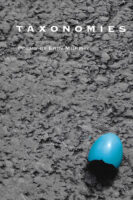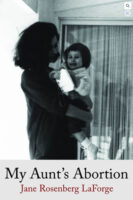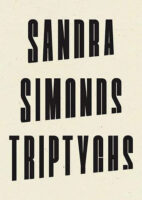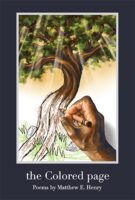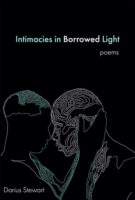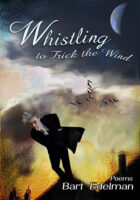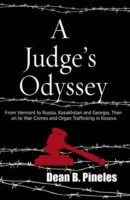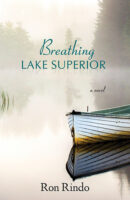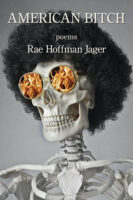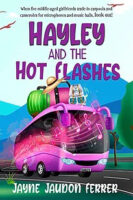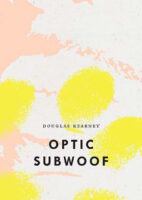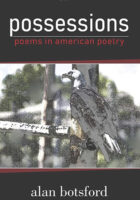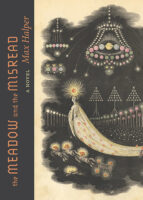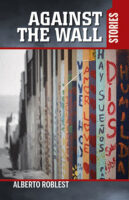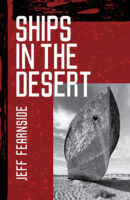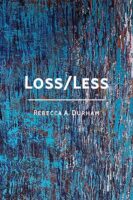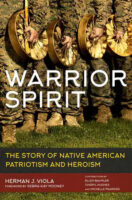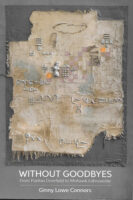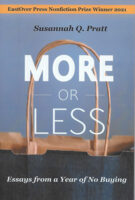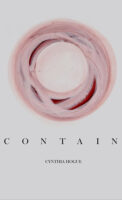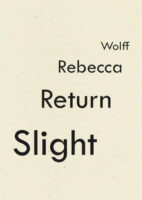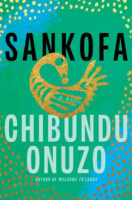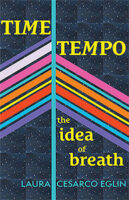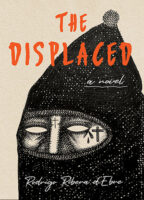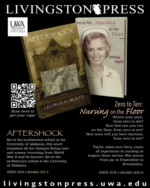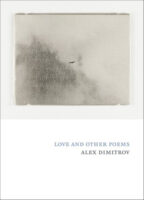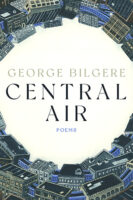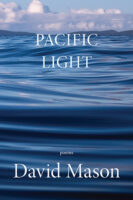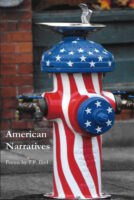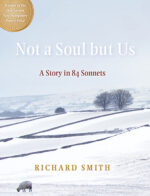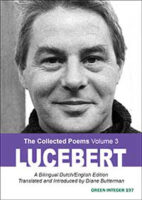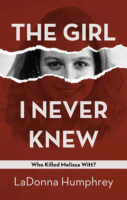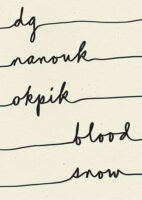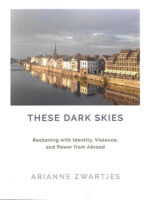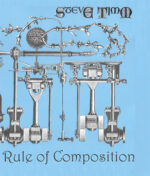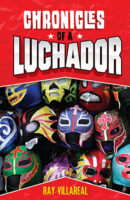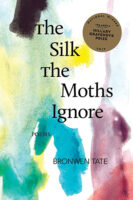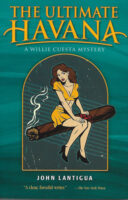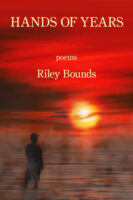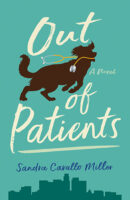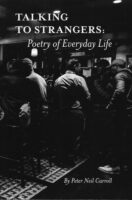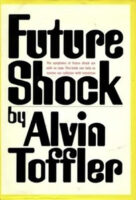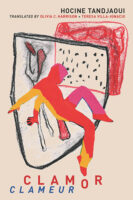NewPages receives many wonderful titles each month to share with our readers. You can read more about some of these titles by clicking on the “New Books” tag under “Popular Topics.” If you are a publisher or author looking to be listed here or featured on our blog and social media, please contact us!
Poetry
American Bitch, Rae Hoffman Jager, Kelsay Books
Blood Snow, dg nanouk okpic, Wave Books
the Colored page, Matthew E. Henry, Sundress Publications
Creature Features, Noel Sloboda, Main Street Rag Publishing
In Our Now, Valyntina Grenier, Finishing Line Press
Intimacies in Borrowed Light, Darius Stewart, EastOver Press
Optic Subwoof, Douglas Kearney, Wave Books
Pacific Light, David Mason, Red Hen Press
possessions, Alan Botsford, Cyberwit.net
Slight Return, Rebecca Wolff, Wave Books
Steeple at Sunrise, Burt Kimmelman, Marsh Hawk Press
Triptychs, Sandra Simonds, Wave Books
What Follows, H.R. Webster, Black Lawrence Press
Whistling to Trick the Wind, Bart Edelman, Meadowlark Books
Fiction
Against the Wall, Alberto Roblest, Arte Público Press
Breathing Lake Superior, Ron Rindo, Brick Mantel Books
Chronicles of a Luchador, Ray Villareal, Arte Público Press
The Displaced, Rodrigo Ribera d’Ebre, Arte Público Press
Hayley and the Hot Flashes, Jayne Jaudon Ferrer, Small Town Girl Publishing
The Meadow and the Misread, Max Halper, Threadsuns Press
Midstream: A Novel, Lynn Sloan, Fomite Press
Prize for the Fire, Rilla Askew, The University of Oklahoma Press
Nonfiction
Eating Up Route 66, T. Lindsay Baker, University of Oaklahoma Press
Making Your Mark, Peter Davidson, Sweet Memories Publishing
The Plea, Patricia L. Bryan & Thomas Wolf, University of Iowa Press
Ships in the Desert, Jeff Frearnside, Santa Fe Writers Project
These Dark Skies, Arianne Zwartjes, University of Iowa Press
Warrior Spirit, Herman J. Viola, University of Oklahoma Press
